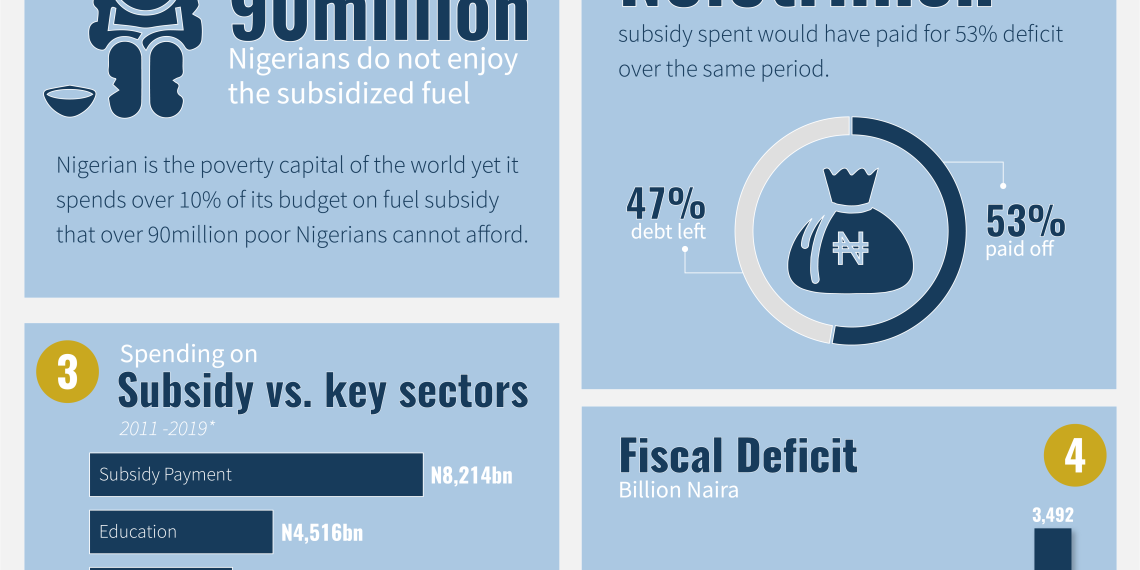
Four reasons why Nigeria must not revisit fuel subsidy
Four reasons why Nigeria must not revisit fuel subsidy
Tag

Four reasons why Nigeria must not revisit fuel subsidy
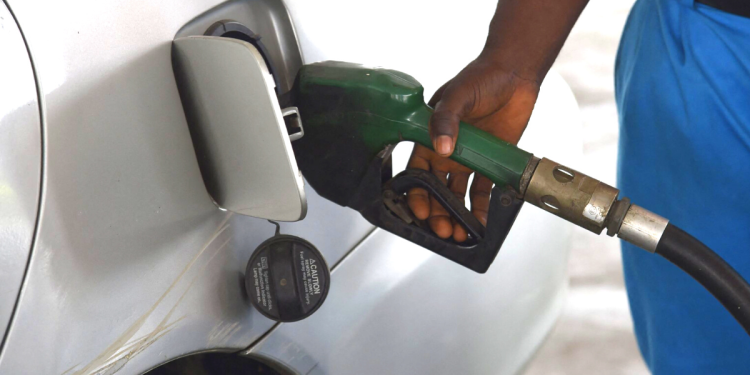
For a post-oil subsidy regime in Nigeria, a surge in global oil prices may lead to an increase in pump prices for Nigerians over the coming months.
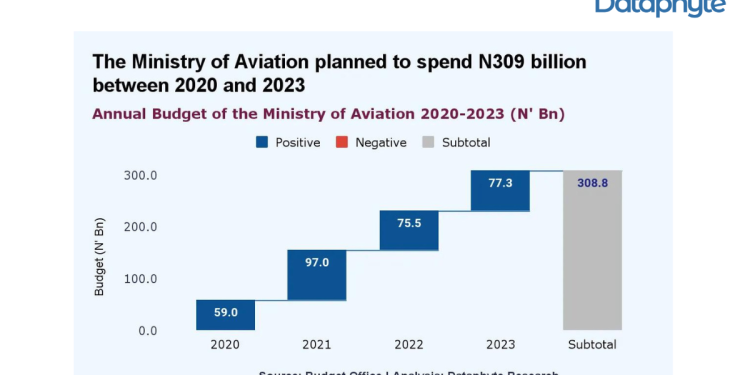
Thus while the Nigerian Navy is known around the world to be useful in combating illegal fishing in their country’s territorial waters, they are not known for combating illegal pumping of their country’s crude oil through illegal pipelines to vessels on the ocean.
.webp)
If the Tinubu government then decides to retain it for the first four years of its administration, subsidy payment is estimated to gulp 14.01 trillion.
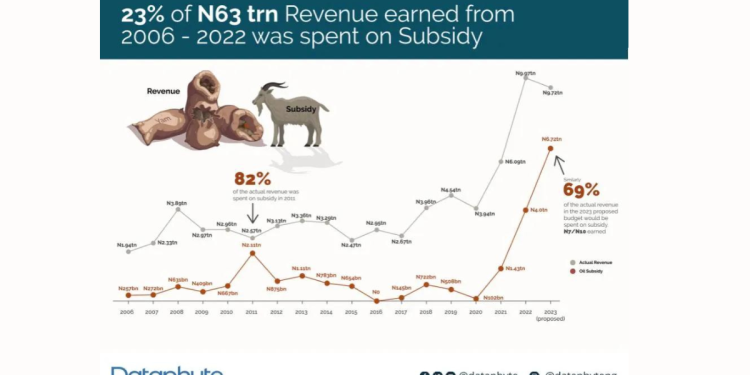
This is it: All over the world, the price of petrol, diesel and kerosene are relatively close. Petrol has the highest price, followed by diesel and kerosene. In short, petrol is the costliest and kerosene is the cheapest.
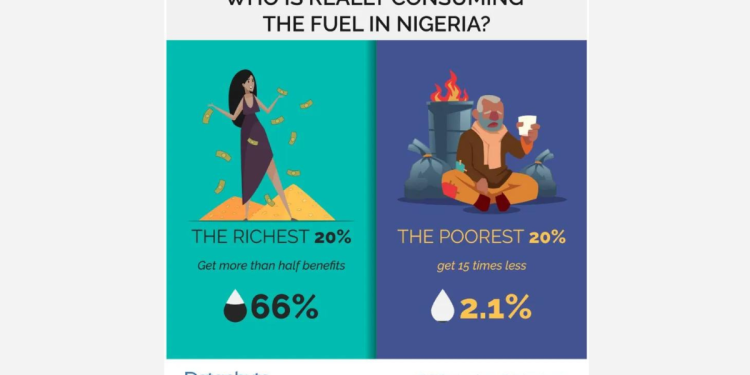
Let’s just call the $800 million ‘funding from a lending organisation’, and we arrive at a ‘loan grant’, a safe way to make peace.
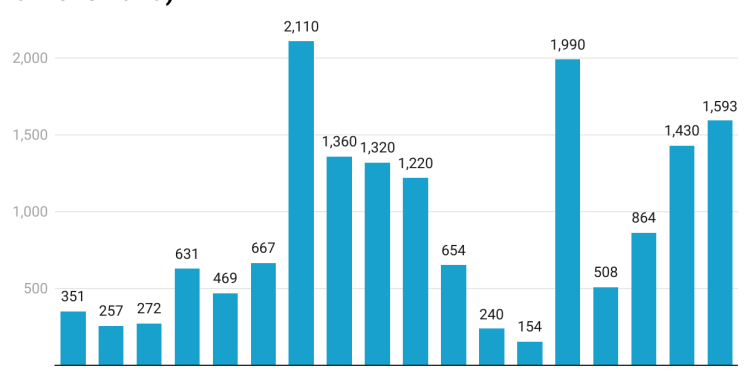
“We can’t be spending those amounts on petrol subsidies when education, infrastructure and security are suffering. It is simply a waste of money,” he noted.
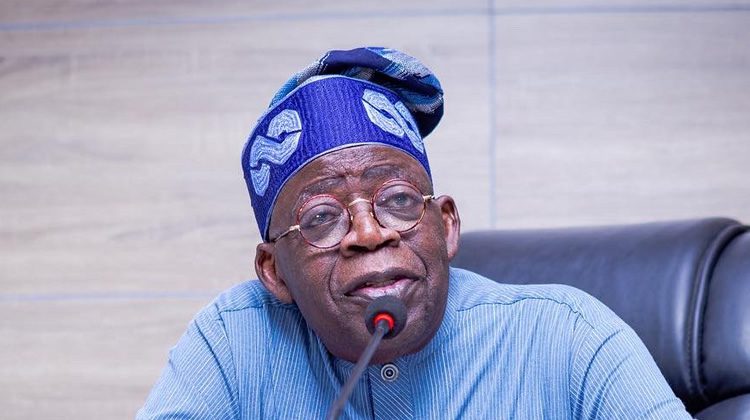
By May 2023, Chief Bola Tinubu is expected to be sworn in, having been announced as the president-elect by the Independent National Electoral Commission, after a contentious February 25 election.
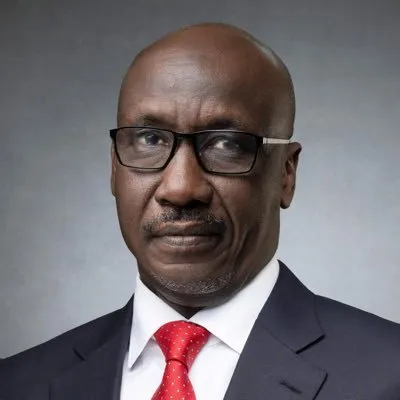
...the price per barrel of crude oil dropped from N50,036 in July 2022 to N38,606 in January 2023, representing a 22.84 percent decrease.
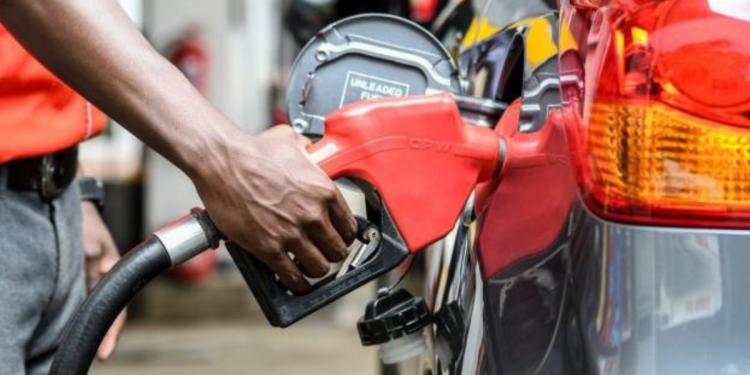
A report by the Nigeria Extractive Industries Transparency Initiative (NEITI) revealed that the amount spent by the country on subsidies between 2005 and 2021, would have constructed three refineries with the capacity to refine 450,000 barrels of crude per day each.
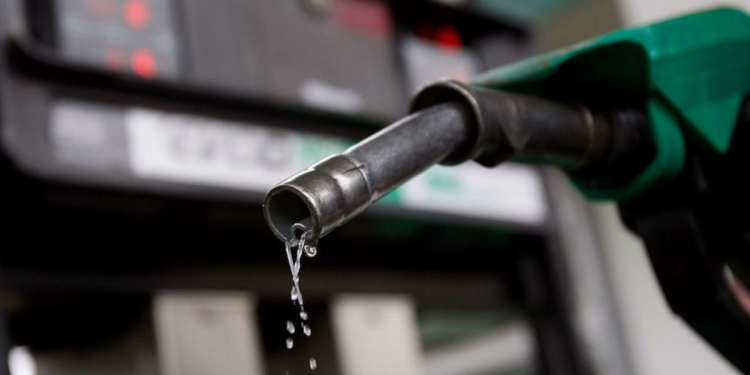
In the year 2000, the then Nigerian President, Olusegun Obasanjo, attempted to remove fuel subsidies. His administration argued that it cost the government $2 billion to subsidise the price annually.
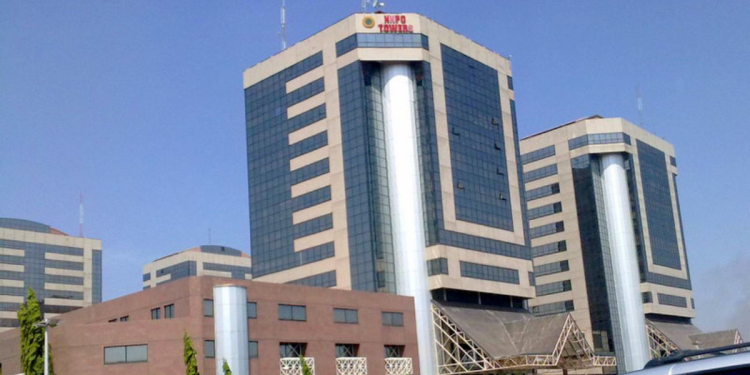
The state-owned oil and gas company, NNPC Limited, spent a whooping N5.3 trillion of its profit to subsidise petrol between 2017 and 2022.
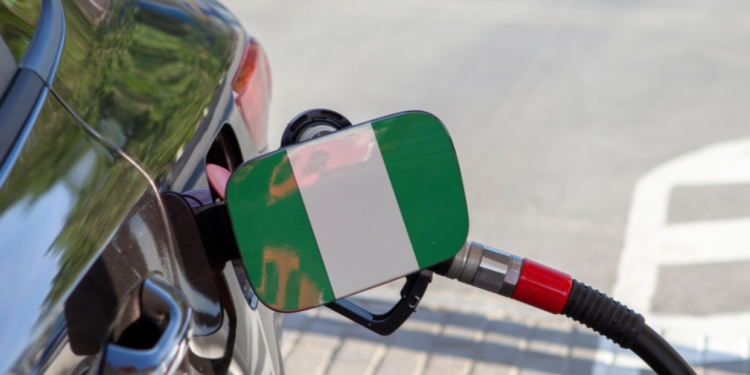
The Nigerian National Petroleum Company (NNPC) has requested N3 trillion as fuel subsidy in 2022.
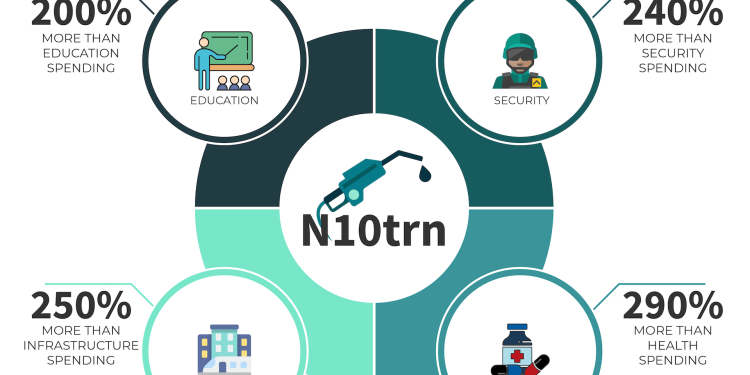
Nigeria has spent over 10.3 trillion naira on fuel subsidy between 2006 to 2019. Fuel subsidy is aimed at lessening the burden of the cost of fuel on Nigerians.
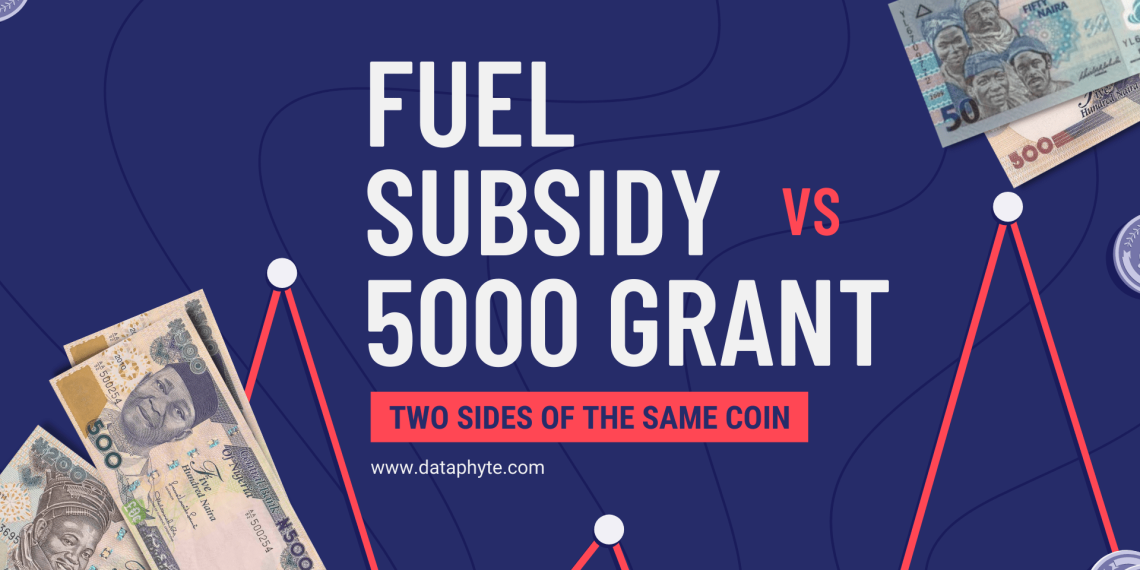
The Federal Government announced the monthly grant of N5000 to the most vulnerable Nigerians to cushion the effect of subsidy removal. This will be given to a maximum of 40 million Nigerians who make up the poorest wealth percentile.